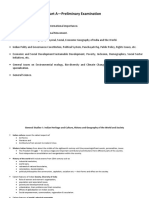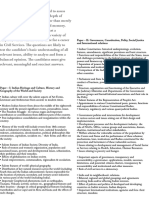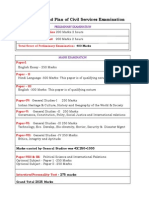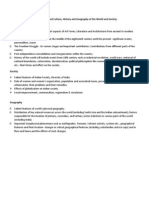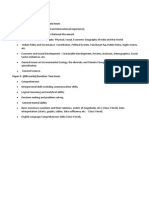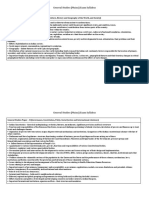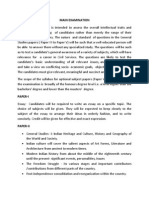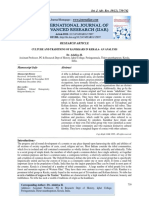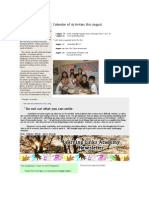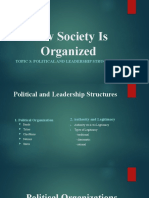0% found this document useful (0 votes)
25 views10 pagesUPSC Syllabus
The document outlines the syllabus for various preliminary and main examination papers, including topics such as current events, Indian history, geography, polity, governance, and economic development. It details the structure and content of General Studies papers, Anthropology, and Ethics, emphasizing the importance of understanding cultural, social, and political contexts. Additionally, it covers methodologies in anthropology and the biological aspects of human genetics.
Uploaded by
MUMMIDI BHARADWAJCopyright
© © All Rights Reserved
We take content rights seriously. If you suspect this is your content, claim it here.
Available Formats
Download as PDF, TXT or read online on Scribd
0% found this document useful (0 votes)
25 views10 pagesUPSC Syllabus
The document outlines the syllabus for various preliminary and main examination papers, including topics such as current events, Indian history, geography, polity, governance, and economic development. It details the structure and content of General Studies papers, Anthropology, and Ethics, emphasizing the importance of understanding cultural, social, and political contexts. Additionally, it covers methodologies in anthropology and the biological aspects of human genetics.
Uploaded by
MUMMIDI BHARADWAJCopyright
© © All Rights Reserved
We take content rights seriously. If you suspect this is your content, claim it here.
Available Formats
Download as PDF, TXT or read online on Scribd
/ 10
















